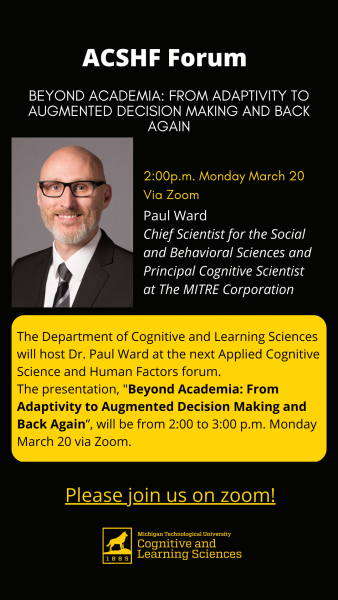This month, students in Dr. Samantha Smith’s Environmental Psychology class will examine natural environments and how they play a key role in our overall well-being. What better time than during World Water Day, observed each year on March 22.
Water is not only essential for life, but psychological research shows that water is one of the features found in both natural and built environments that can help reduce stress and autonomic arousal due to our innate connection to the natural world (Kaplan & Kaplan, 1989; Ulrich, 1981; Ulrich et al., 1991; White et al., 2010). There is also evidence that living closer to “blue spaces” (e.g., rivers, lakes, oceans) is associated with lower psychological distress (Nutsford et al., 2016).
During the semester, students will discuss how water features can be incorporated into built environments such as mental health care facilities, providing restorative benefits to both patients and healthcare workers. The course will also give students the opportunity to experience the calming effects of a stream, lake, or waterfall out in the local natural environment.
PSY3800 Environmental Psychology will be offered again this summer (Track B) and has been added to the General Education (HASS) list effective summer 2023.
The focus of this year’s World Water Day is on accelerating change to solve the water and sanitation crisis. The global campaign, called “Be the change” encourages people to take action in their own lives to change the way we use, consume and manage water. Every action—no matter how small—will make a difference.
Related stories:
Huskies Follow the Research Trail to Explore the Psychology of Nature
Samantha Smith Selected for Deans’ Teaching Showcase
Photo credit: @hartphotoco



